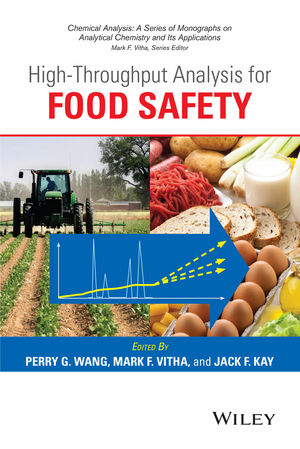UK FSA Working on Reforms to Approval Process for Regulated Food Products

Image credit: Mohamed_hassan via Pixabay
The UK Food Standards Agency (FSA) has proposed reforms to its Regulated Products Service (RPS) and launched a public consultation on the legislative changes. The consultation is open until June 5, 2024.
The changes are intended to remove red tape involved with the current process, which was retained from EU legislation after Britain’s exit from the EU. The resource-intensiveness and bureaucracy of the current process do not allow for much flexibility and are hindering FSA’s ability to keep up with its growing caseload of applications for product authorization.
Regulated food and feed products require authorization before they can be sold in the UK. The current caseload in the RPS is 450 applications that have been submitted since January 1, 2021 following the end of the Brexit transition period. FSA has only completed 63 applications to date, taking on average approximately 2.5 years from the submission of an application to completion. Based on current inflows, resources, and processes, FSA expects the caseload to continue to more than 570 applications by March 2026.
The proposed legislative reforms to RPS that would enable FSA to more efficiently work through its caseload are:
- Removing Requirements for Renewals of Authorizations: In line with EU legislation, authorizations for smoke flavorings, feed additives, and genetically modified food and feed must be renewed every ten years. FSA estimates that, at present, 22 percent of the RPS caseload consists of applications solely for renewal of an existing authorization. Since taking over the administration of approvals in 2021, FSA has yet to reject any of the renewal applications received. At the same time, through its risk analysis process, when new evidence about the safety of a product emerges, FSA can review existing authorizations. Removing the renewals requirement would bring the regulation of these products in line with how FSA regulates other food and feed products; that is, based on risk with the power to reconsider product authorization at any time.
- Removing the Need for a Statutory Instrument: After completion of a risk assessment, FSA makes a recommendation to British ministers, who then decide whether or not to approve a product. Under the current process, following ministerial approval from each of the British nations, Statutory Instruments (SIs) must be laid, which confirms this decision in legislation, either through lists in the legislation concerning a regulated product regime, or through individual SIs that authorize products. Removing the need for an SI, and replacing it with a publicly available official register following ministerial approval, would simplify the authorization process.
FSA is working with the aim of achieving these legislative changes ahead of a general election, which must take place no later than January 28, 2025.
Update, April 3, 2024: The article has been edited to reflect the opening of the public consultation.
Looking for a reprint of this article?
From high-res PDFs to custom plaques, order your copy today!








